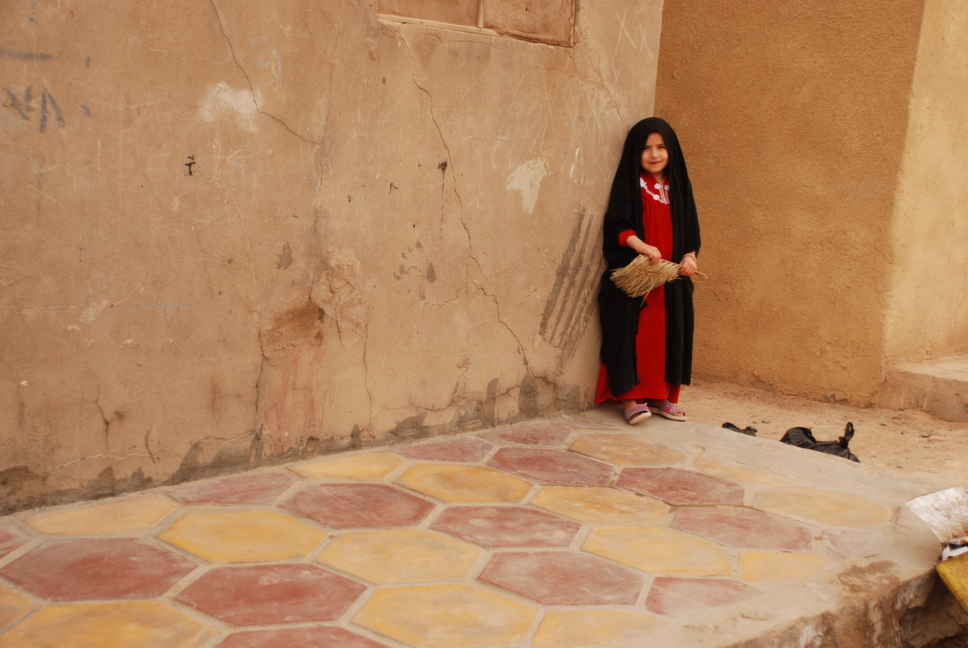Iraq is one of the youngest countries in the world, with a youth demographic that makes up a significant portion of the population. According to recent data from the CIA and the United Nations, over half of Iraq’s population of 30 million is younger than 25. This massive youth population has endured insurmountable hardships since the 2003 invasion, but despite these obstacles, Iraqi youth are proud of their heritage and care deeply about their country’s future. The Iraqi Youth Spotlight highlights the many initiatives that today’s youth are undertaking to build a brighter future for themselves and their society.
What does it mean to be a citizen of Iraq? Most media today will focus on the divisions between Shi’a Arabs, Sunni Arabs, and Kurds, but Iraq’s diversity is much more extensive than just these three groups. Within and outside of these spheres exist an array of religious, ethnic and linguistic identities. In Iraq, one will find Christian, Baha’i, Yezidi, Shabak, Faili Kurd, African, Turkmen, Sabian-Mandaeans, Sarliya/Kakaiya, Palestinian, and Kawliyah (gypsy) communities throughout the country.
In many cases, these identities are anything but static. For instance, most Turkmen– a group of non-Arab, non-Kurdish people in Iraq ethnically related to Turkish people– speak a South Azeri dialect in addition to Arabic. Yet, the majority would also identify themselves as Sunni or Shi’a Muslims. Christians in Iraq commonly draw from the Chaldean, Assyrian, Armenian, and Syriac ethnic groups, with smaller representation from Kurdish, Arab, and Turkmen communities. And in Sunni-dominated Kurdistan, the Shiite minority have their own name– the Faili Kurds– as well as speak their own dialects (Faili Luri and Bakhtiari).
Such rich diversity can be difficult to translate into an organic national identity, but that has not stopped a group of young Iraqis from gathering regularly to discuss what it means to them to be a citizen of their country. Organized by the Masarat Institute and under the banner of the We Are All Citizens Initiative, 20 or so young Iraqis, each representing a different religious or ethnic minority in Iraq, meet together to have open dialogue on the challenges and opportunities of diversity in their country, as well as clear up existing misconceptions they may have about various Iraqi minorities. These “Citizenship Ambassadors” each have an “embassy” in their respective governorates across the country, where they hold activities to support their purpose, as well as promote interfaith and social dialogue. They are actively engaged in local politics, and frequently reach out to council members to forward their cause.
The Citizenship Ambassadors exhibit a level of tolerance that is difficult to find in any country. The Ambassadors take turns visiting a different holy place of worship together to better acquaint themselves with the practices and pillars of their friends and peers. They extend these visits to, as well as host events for youth across the country, promoting pluralism and peaceful dialogue amongst young Iraqis. At the end of last year, the movement had 400 volunteers. With any luck, it will only gain more traction.
Sources:
http://masaratiraq.org/wp-content/uploads/2013/04/Minorities-in-Iraq.pdf
http://www.al-monitor.com/pulse/originals/2013/10/iraqi-youth-combat-sectarianism.html#
http://iraqicitizens.org/?lang=en

